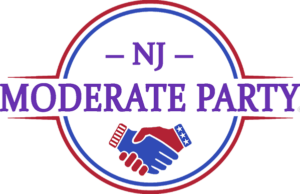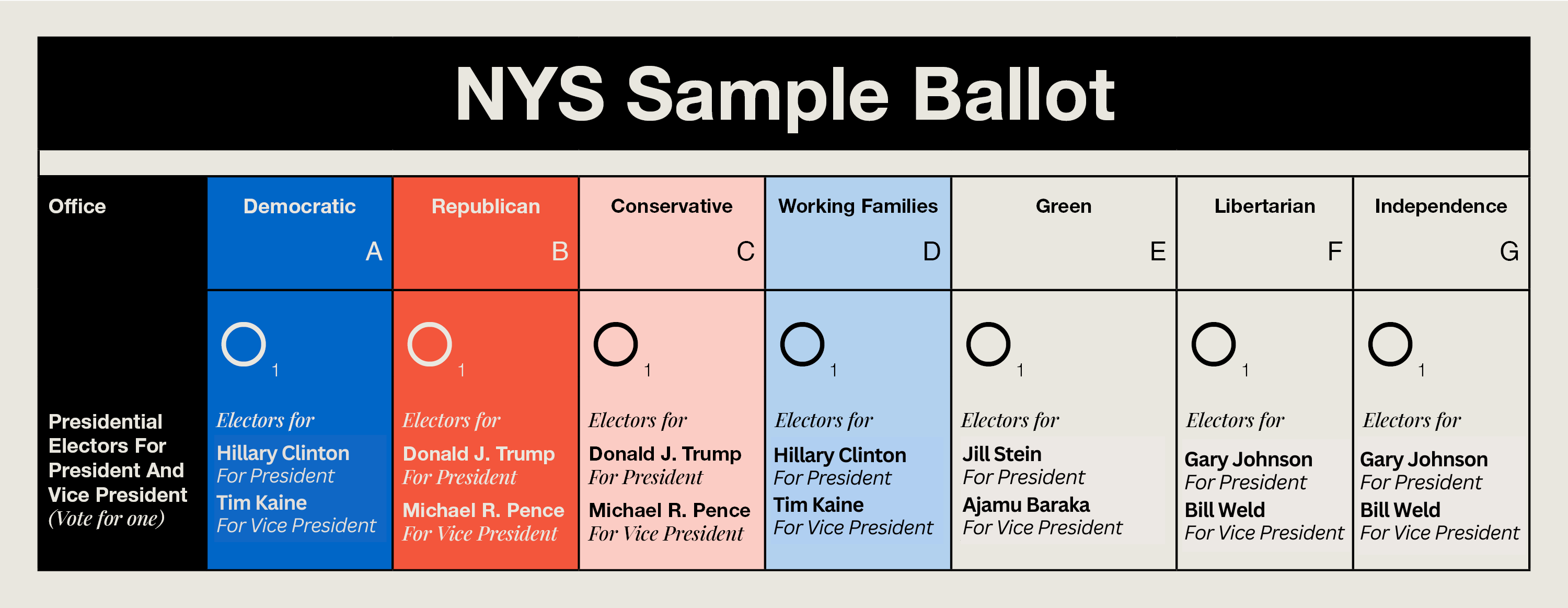Developments
While fusion could be revived via legislation, ballot measures or litigation, the key fights to relegalize fusion are taking place right now in state courts.
Meaningful electoral reforms are often close to impossible to enact via legislation, as most elected officials resist changes to the status quo under which they were elected. Fusion voting was banned in most states by the major parties for the same reason the major parties – who run state legislatures – are likely to oppose it today: it worked to empower new parties, and those new parties often coalesced to win elections and policies not favored by the establishment parties.
Ballot measures, on the other hand, can cost tens of millions of dollars to win.
Most importantly, many lawyers and legal scholars believe the fusion bans are unconstitutional to begin with, and so seeking redress in court just makes sense.
Moderate political parties or proto-parties are forming in states around the country seeking to give voters more choice, and to reduce red vs. blue partisan division. These are serious efforts, not third parties that would ask people to waste their votes on doomed candidates, or risk spoiling elections. They want to “fuse” on major party candidates, helping to elect those with a real shot of winning, while also, crucially, sending a signal to the candidates and the major parties about what they stand for. These new entities are asking state courts, using state constitutional claims, to strike down state bans on fusion voting. Read about some of those efforts below. For more on the legal arguments, click here.
New Jersey
The inaugural lawsuit to relegalize fusion is working its way to the New Jersey Supreme Court. Citizens in New Jersey formed the New Jersey Moderate Party in the spring of 2022, seeking to establish a new political home for moderate Republicans, independents and Democrats who want to nominate candidates that best reflect their commitments to common-sense problem-solving, democracy and the rule of law. After they were blocked in their attempt to cross-nominate incumbent U.S. Rep. Tom Malinowski as their candidate, they sued, arguing that the fusion ban violates the state constitution’s strong protections of their rights of free speech and association. The case is currently before the Appellate Division of the Superior Court. For more information, go to https://njmoderateparty.org/.

Kansas
In Kansas, a new centrist party, the “United Kansas” party, has formed and circulated enough petitions to achieve official ballot status. As the party’s chair, Jack Curtis, says on its website, the United Kansas party is deeply concerned about the rise of divisive politics in the state and wants to shift things back in the direction of moderation and working across the aisle for the good of all Kansans. The party is focused on reviving the practice of fusion voting, which was once prevalent in Kansas, and has sought to cross-nominate several candidates both major parties. The Kansas Secretary of State has so far not allowed United Kansas to make those cross-nominations and in response, the fledgling party has sued seeking relief. We are watching these developments closely. For more information, go to https://unitedkansas.com/

Wisconsin
A cross-partisan group filed a lawsuit in April 2025 seeking to overturn the state’s 130-year ban on cross-party nominations. The group, United Wisconsin, aims to become a party that will cross-nominate major party candidates that align with its priorities, which include support for the rule of law, public education, conservation and support for small business. But before it does so, says Dale Schultz, the former Republican house majority leader who is one of its cofounders, “We’d like to see the state courts affirm that we have a constitutional right to associate with whomever we want.” Other founders of the group include a Democratic county sheriff and a retired Republican judge. For more information, go to https://unitedwisconsin.org/

Michigan
The Center is also working closely with the fledgling Michigan Common Sense Party, which formed in the spring of 2023. It is led by a former director of the state’s Republican party, and also backed by several top Republican office-holders, including two former Members of Congress. All of them no longer feel at home in the GOP, which in Michigan has been completely captured by antidemocratic extremists, but they also don’t identify as Democrats. As the Michigan Common Sense Party gets off the ground, it will also eventually seek to cross-nominate candidates and then will need to sue under their state constitution for redress. We will support them every step of the way.

Other States
The Center is working with similar efforts in several other states where the language of the state constitution and the composition of the state’s supreme court combine to create a favorable legal environment. We expect new fusion litigation in at least one additional state very early in 2025. As new efforts take shape, we will update this page with developments of note. Stay tuned.
The earliest a state supreme court decision may come is at the end of 2025 or in early 2026.
The Center will continue to explore opportunities for legislation and ballot measures.
Fusion is already thriving in two states
In New York and Connecticut, fusion bans were never enacted or upheld by state courts, and in both states smaller parties have long played a constructive role from the top of the ballot on down. In addition to ideological parties on the left and right, both states have had centrist parties in the past that took advantage of their state’s fusion systems.
In New York, from the 1940s through the 1980s, the Liberal Party was long a key player in national, state and local races, giving its endorsement to Democrats like FDR and JFK as well as Republicans like Jacob Javits, John Lindsay and Rudy Giuliani, providing them winning margins in several key elections.
In 1980 in Connecticut, Lowell Weicker created the “A Connecticut Party” in order to build a coalition of liberal Republicans, independents and moderate Democrats that won him the governor’s office and formed a working alliance that passed significant legislative reforms.
More recently, in New York, the Independence Party–an outgrowth of Ross Perot’s 1992 presidential campaign–played a valuable role in Mike Bloomberg’s 2001-2009 campaigns for Mayor of New York City.

That said, in fusion states, minor parties tend to fill gaps in the political spectrum. Since New York has long had two strong major parties that tilted towards the center, the Conservative Party on the right and the Working Families Party on the left had made the most of the availability of fusion.
